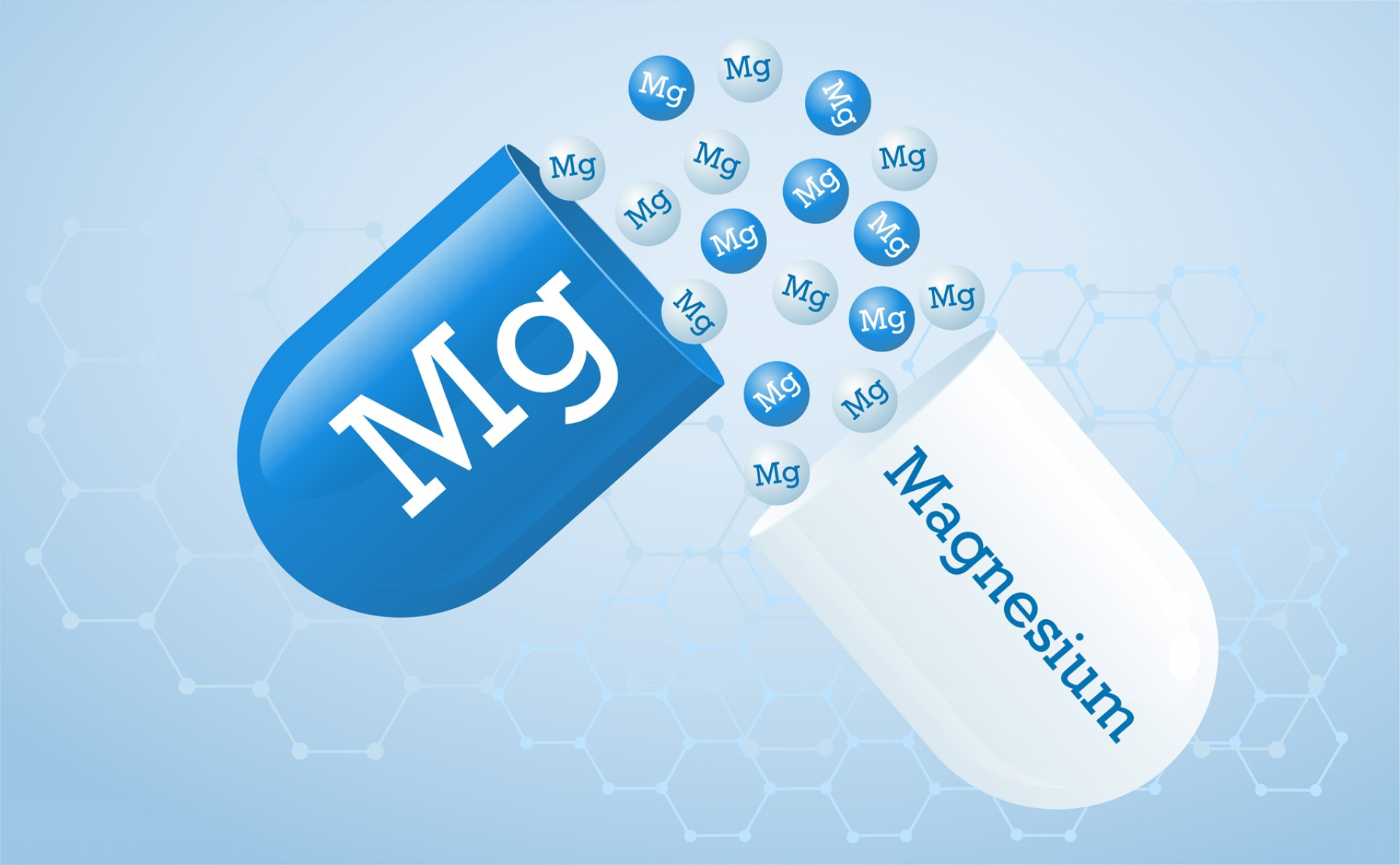Magnesium is an essential mineral that plays a vital role in many bodily functions, including nerve function, muscle contraction, heart rhythm, and bone strength. Imbalances in magnesium, either too low or too high, can lead to various health issues. Understanding the causes, symptoms, and treatment options for both low and high magnesium levels is crucial for maintaining good health.
Functions of Magnesium in the Body
Magnesium is involved in over 300 enzymatic reactions within the body. Some of its key functions include:
- Energy production: Magnesium is necessary for the conversion of food into energy at the cellular level.
- Muscle function: It plays a crucial role in muscle contraction and relaxation, including the heart muscle.
- Nerve signaling: Magnesium helps regulate neurotransmitters, which send messages throughout the brain and nervous system.
- Bone health: About 60% of the body’s magnesium is stored in the bones, contributing to bone structure and strength.
- Blood glucose control: Magnesium helps manage blood sugar levels and supports insulin sensitivity.
- Blood pressure regulation: It contributes to normal blood pressure levels and cardiovascular function.
- DNA and RNA synthesis: Magnesium is required for the synthesis of DNA and RNA, essential for cell growth and repair.
What Are Normal Magnesium Levels?
Magnesium levels are typically measured through a magnesium blood test, which assesses the amount of magnesium in your bloodstream.
- Normal magnesium levels range from 1.7 to 2.3 mg/dL.
- Levels below 1.7 mg/dL indicate hypomagnesemia (low magnesium).
- Levels above 2.3 mg/dL indicate hypermagnesemia (high magnesium).
Maintaining levels within this range is essential for your body to function properly.
High Magnesium Levels (Hypermagnesemia)
Causes
High magnesium levels are less common than low levels but can be serious. Common causes include:
- Kidney dysfunction: The kidneys regulate magnesium levels. When they fail, magnesium can build up in the blood.
- Excessive magnesium supplementation: Overuse of magnesium-containing antacids or laxatives can cause elevated levels.
- Dehydration: Severe dehydration may concentrate magnesium in the bloodstream.
- Adrenal insufficiency: Conditions like Addison's disease can affect magnesium regulation.
- Lithium therapy: Certain medications may impact magnesium excretion.
High Magnesium Symptoms
Elevated magnesium levels can lead to a range of symptoms depending on how high the levels are:
- Nausea and vomiting
- Muscle weakness
- Flushed skin
- Low blood pressure
- Irregular heartbeat or slow heart rate
- Confusion or lethargy
- Difficulty breathing (in severe cases)
- Cardiac arrest (extremely high levels)
Early detection through a magnesium blood test is key to preventing complications.
Treatment
Treatment for high magnesium levels depends on the severity:
- Discontinue magnesium-containing medications or supplements.
- Intravenous calcium gluconate may be given to counteract magnesium’s effects on the heart.
- Diuretics or dialysis may be used in cases of kidney failure to remove excess magnesium.
- Hydration therapy helps flush excess magnesium from the body.
Low Magnesium Levels (Hypomagnesemia)
Causes
Low magnesium levels are more common and may be caused by:
- Poor dietary intake
- Chronic alcoholism
- Gastrointestinal disorders (e.g., Crohn’s disease, celiac disease)
- Uncontrolled diabetes
- Prolonged diarrhea or vomiting
- Use of diuretics or certain antibiotics
Low Magnesium Symptoms
Low magnesium can cause a wide array of symptoms:
- Muscle cramps or spasms
- Fatigue or weakness
- Numbness or tingling
- Abnormal heart rhythms
- Seizures
- Personality changes or depression
- Loss of appetite
- Osteoporosis over time
Treatment
Treatment involves replenishing magnesium levels:
- Oral magnesium supplements are often prescribed for mild deficiencies.
- Dietary adjustments: Increase intake of magnesium-rich foods like leafy greens, nuts, seeds, and whole grains.
- Intravenous magnesium for severe cases or when oral intake isn’t possible.
Diagnosing Magnesium Imbalances
A magnesium blood test is the most effective method to evaluate magnesium status. Additional tests may include:
- Kidney function tests
- Calcium and potassium levels (as imbalances often occur together)
- Electrocardiogram (ECG) to detect cardiac irregularities
Preventing Magnesium Imbalances
Whether dealing with low or high magnesium levels, prevention is often the best approach:
- Stay hydrated to support kidney function.
- Monitor supplement intake if taking magnesium for medical reasons.
- Eat a balanced diet rich in magnesium-containing foods.
- Manage underlying health conditions, such as diabetes or kidney disease.
- Routine testing for at-risk individuals, especially those with kidney issues or on certain medications.
Magnesium is a crucial mineral for many bodily processes, and both low and high magnesium levels can lead to significant health problems. Regular magnesium blood tests can help detect imbalances early, allowing for timely treatment. Recognizing high magnesium symptoms and understanding low magnesium symptoms can guide you toward appropriate medical attention. Maintaining normal magnesium levels through diet, hydration, and proper medication use is key to long-term health


